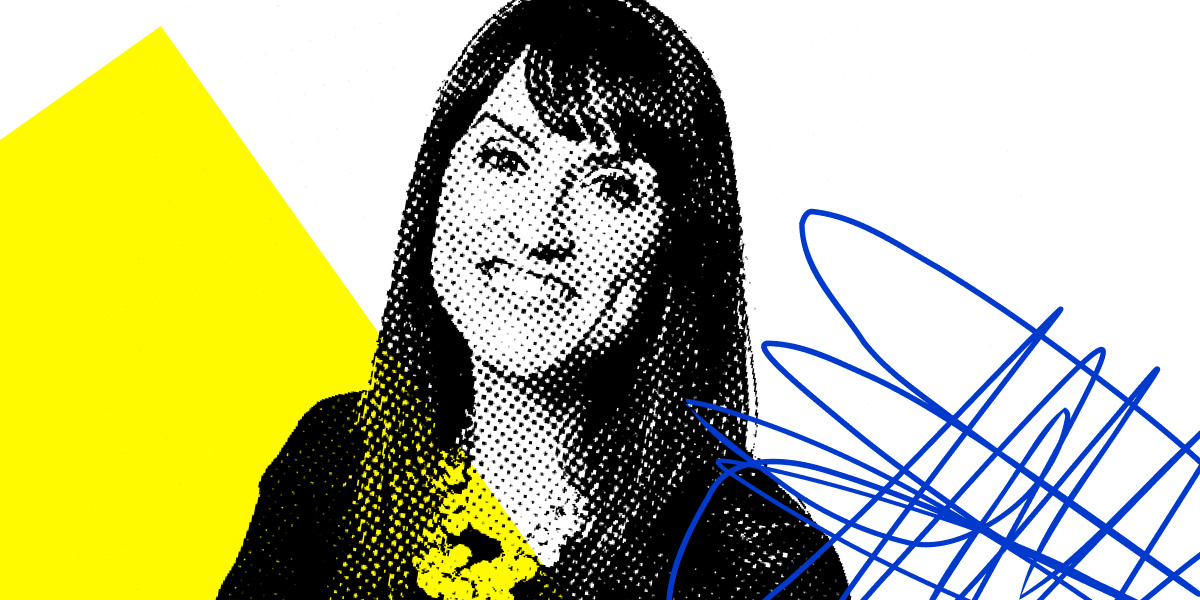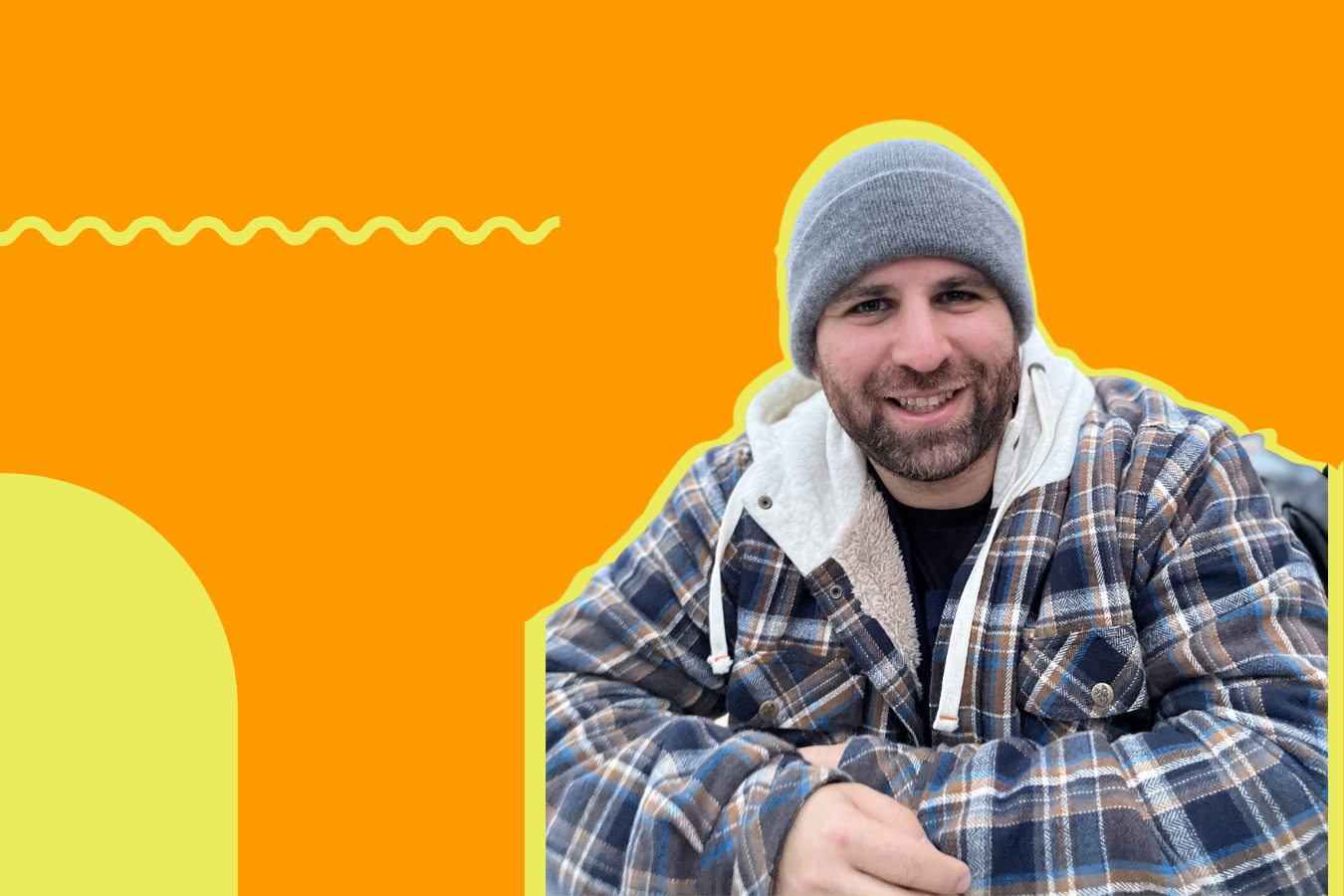All resources
type
topics
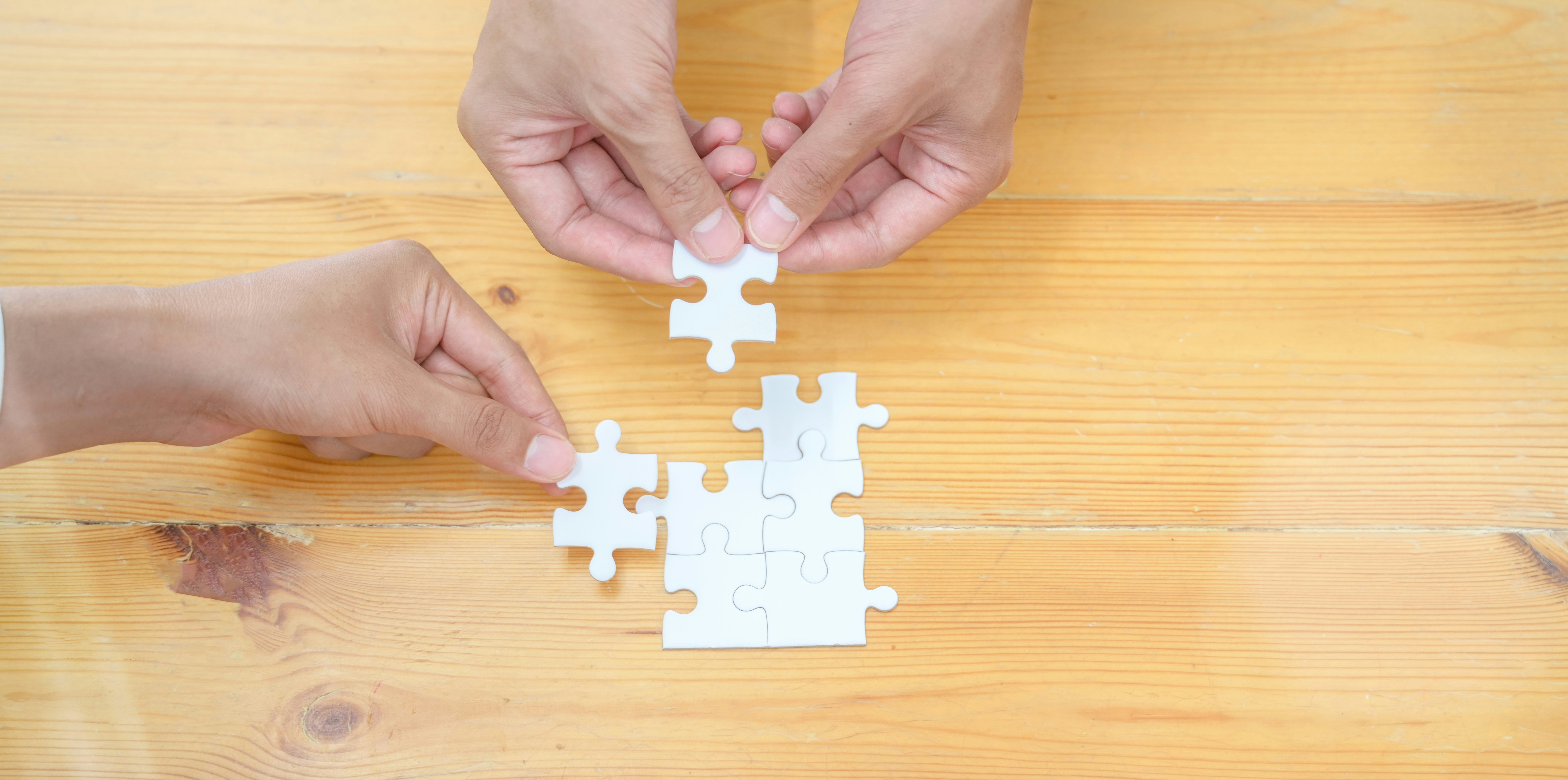
The Forgiving Consumer: A Map for Crisis Management for Brands
Whether it's an ill-thought-out creative concept, a botched product release, or a damaging customer interaction, crises big and small can have lasting impacts on brand perception.

It's time to welcome all the talent we've ignored for so long
There is an enormous amount of people who have been historically and systemically underestimated, and shut out. It’s time to let them in.
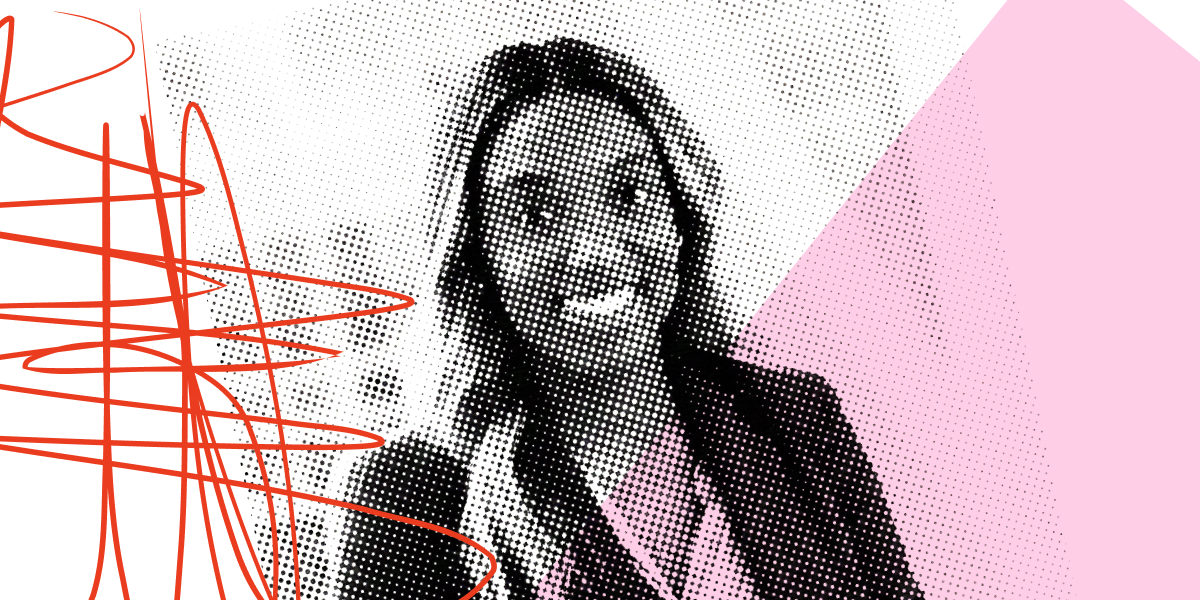
Keisha Wyatt’s Bold Vision is Shaping the Future of Global NFL Fandom
This savvy sports marketer is carving out a brand-new role for the league—and for herself.
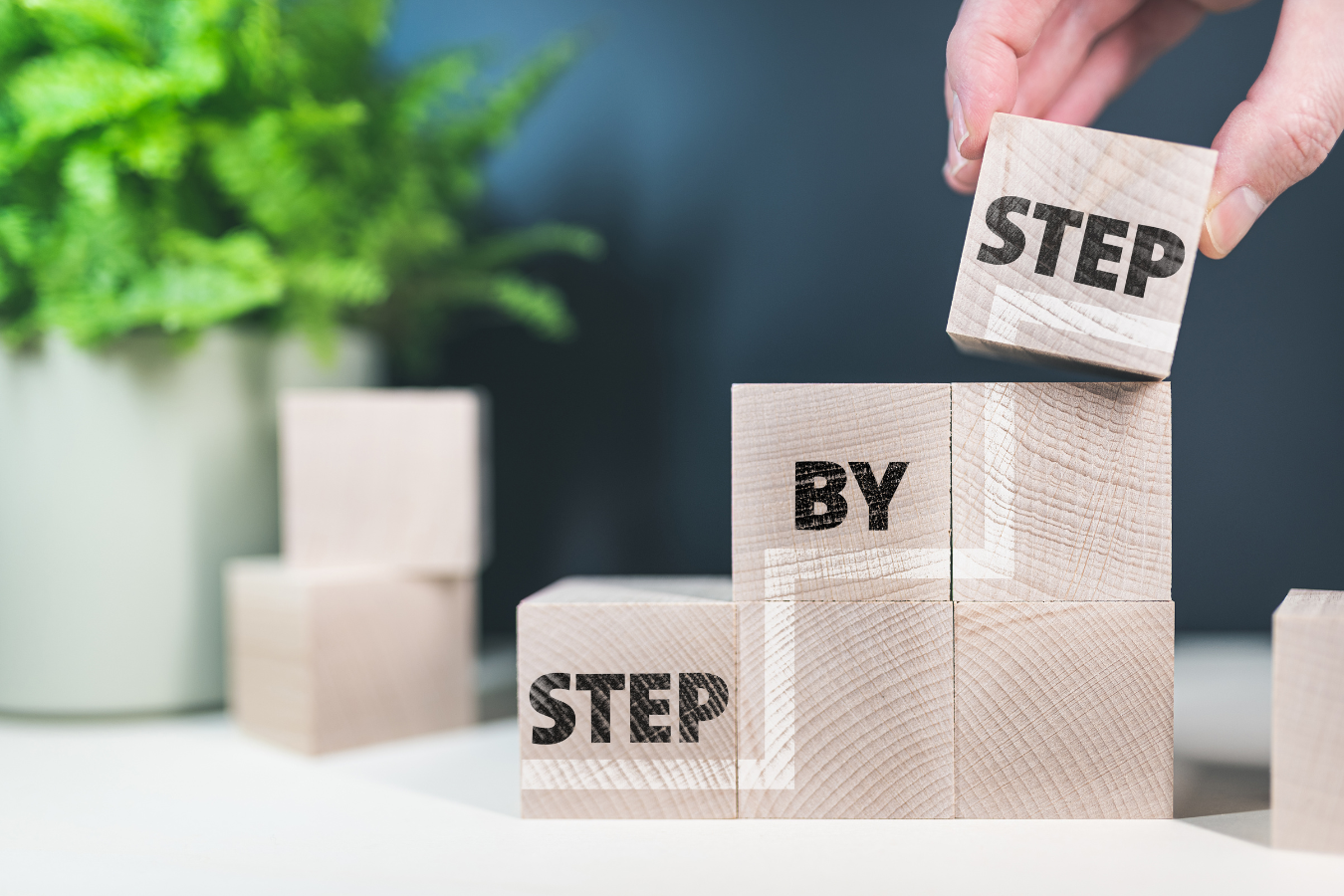
Guide: 7 steps to launching your career as a marketing consultant
Are you a marketer who wants to transition to freelance or become a marketing consultant? This guide covers everything you need to know.

Why social media managers face burnout—and how marketing team leads can help
Social media managers have high rates of burnout due to the nature of the job. Here’s how marketing leaders can better support them.
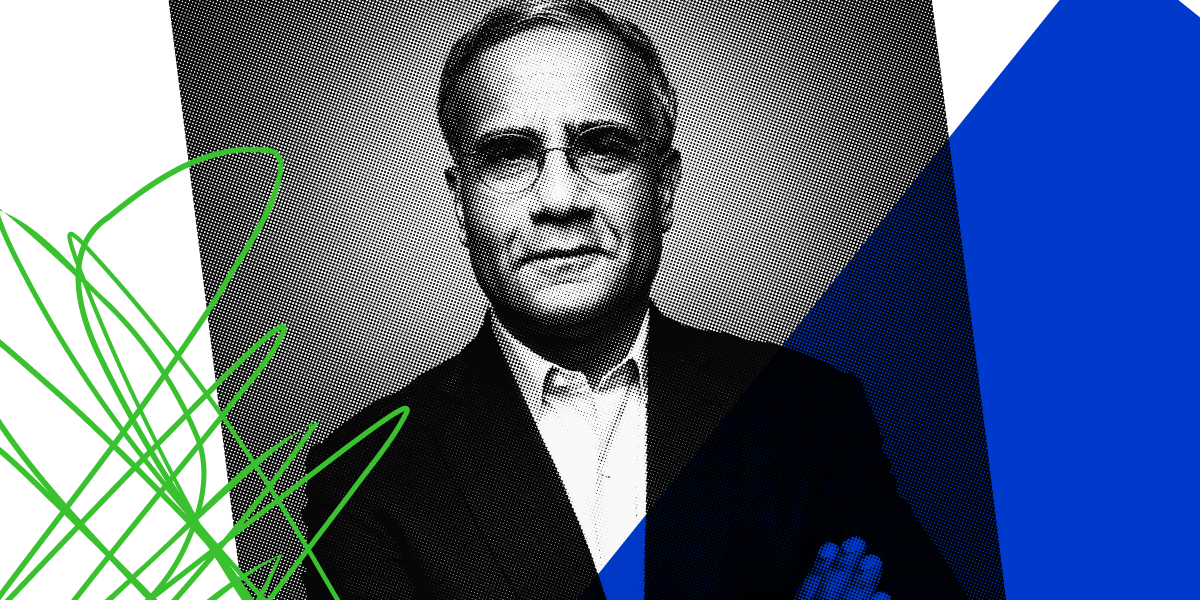
Rishad Tobaccowala Is Reimagining the Future of Work—and Challenging Us All to Think Differently
The former Publicis executive has a clear vision of how work is changing and he’s helping corporate leaders meet the moment with his Rethinking Work platform.

Michael Stutts Risked His C-Suite Success To Fight for Your Mental Health
Burned by boardroom stress, this marketing leader took on a new mission—advocating for employees’ emotional well-being.

Ariana Jurado's Mastery of Short-Form Video Forged a Successful Career with Top Brands
The 29-year-old marketer describes how she’s used this contemporary art form to engage consumers and create her own career path as a creative.
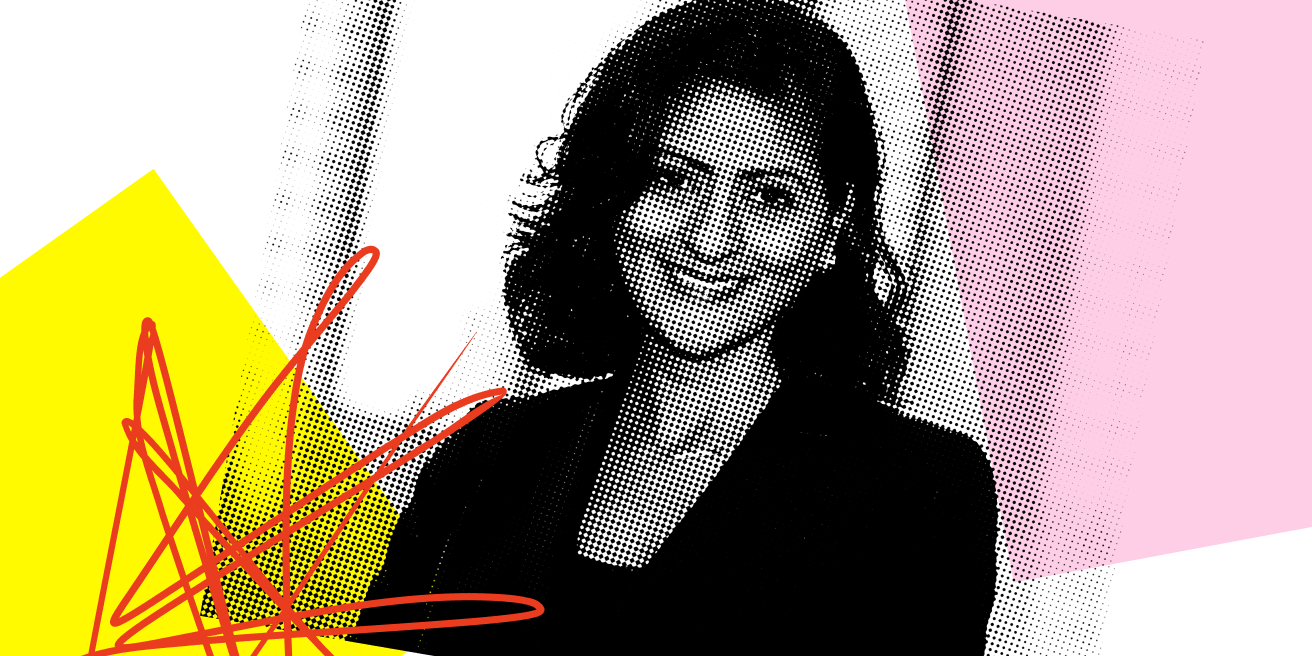
Bhavana Smith is Helping Corporate Women Get What They Deserve
At the top of her professional game, the former agency exec is now building a roadmap for other women to follow.
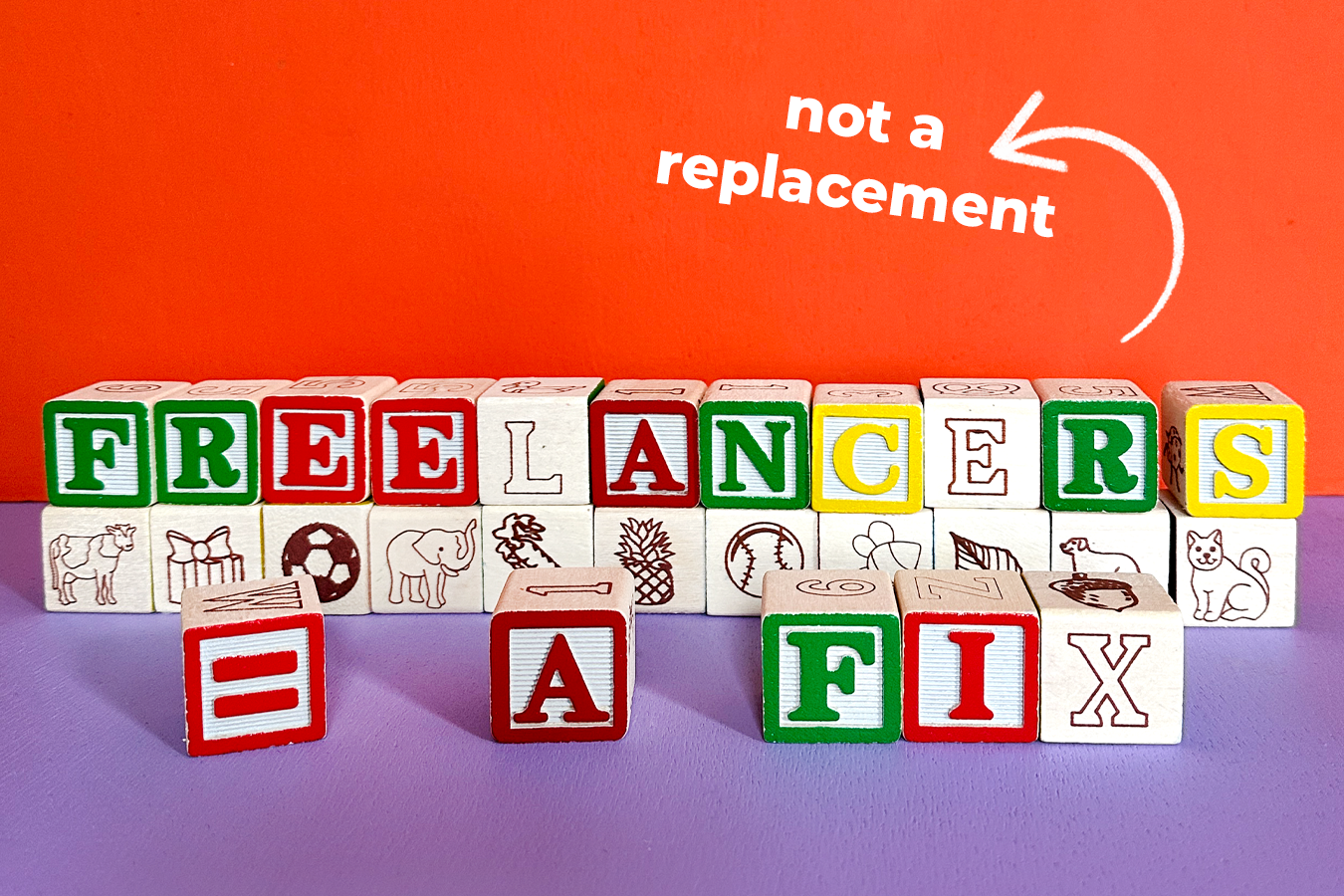
Want to support the working parents on your team? You need a freelance talent strategy.
Top companies are bringing on freelancers to support parents and caregivers during leave—and it also creates another way to bring parents into your team.

What to consider when switching to a project-based marketing agency
Project-based marketing and micro-agency teams are on the rise. There are few things to know before making the switch from your retainer-based AOR.

The ‘talent squad’ model: a game-changer for creative marketing work
The talent squad model gives brands access to brilliant marketing and creative talent within a system built for blue-sky thinking and efficiency.
.png)
Jane Chance and Kaytee Miller: Two creatives forge their own path, together
This copywriter and designer duo shares the secret to finding success and balance outside the traditional agency model.
.png)
Dwayna Haley: a marketing veteran looks forward
Brand executive Dwayna Haley discusses her career as an agency marketer and how the industry needs to shift to meet the moment.
.png)
Thom Pulliam: A brand strategist gets real about the industry he loves
He cut his teeth in the traditional agency world but eventually left for a freelance lifestyle that allows him to do his best work on his own terms.
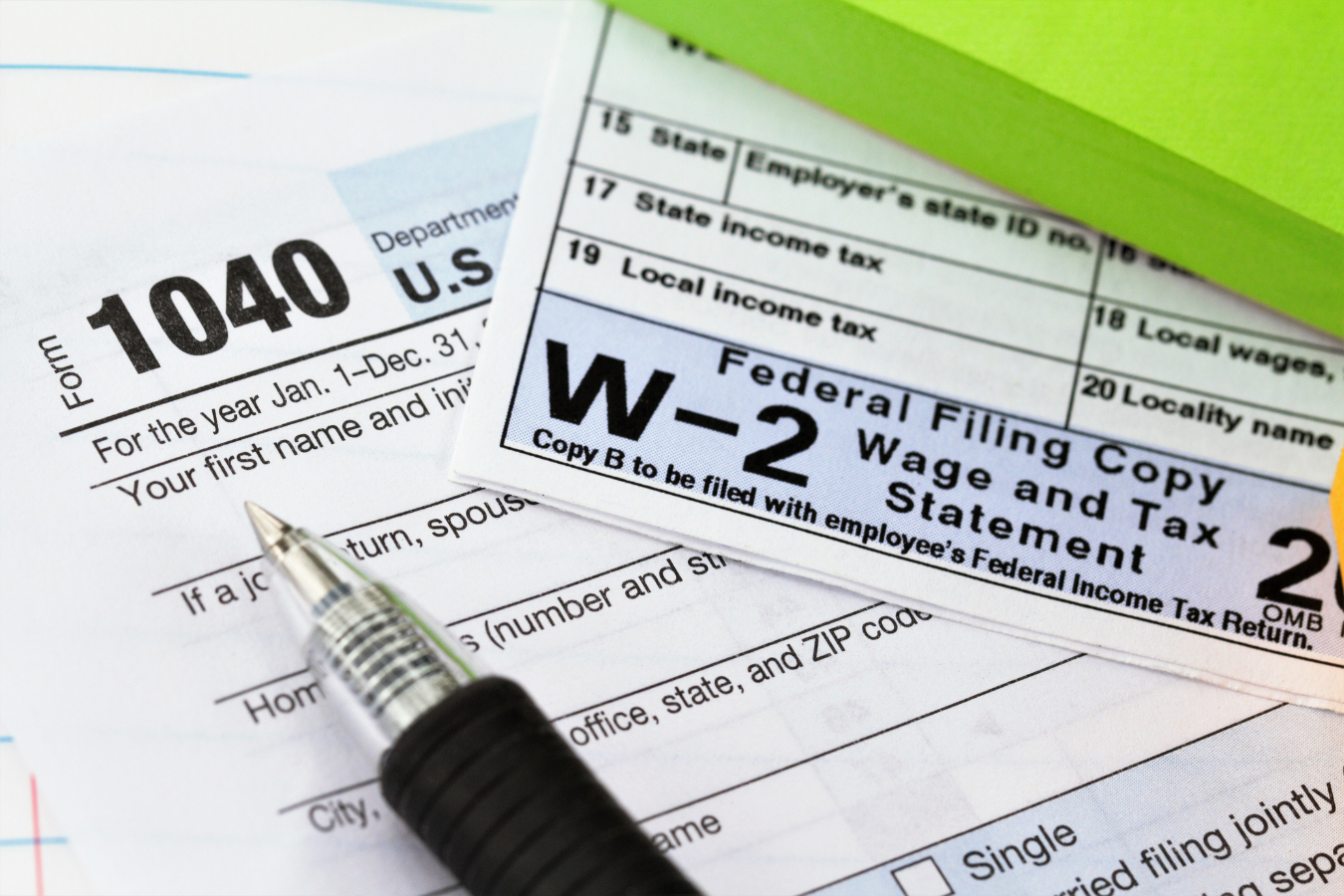
1099 vs W-2 contractor rule: how to hire marketing freelancers legally
Learn the legal differences between an employee and an independent contractor based on the 2024 Biden administration contractor rule.

Multicultural marketing in 2024: 3 key shifts leaders can’t ignore
The Multicultural marketing landscape is shifting with AI tools, globalization, and purpose-driven marketing. Here's what you need to know.

6 things I wish I had known when I started We Are Rosie
We Are Rosie turns 6! Founder Stephanie Nadi Olson shares her entrepreneurial journey and the challenges and triumphs of building a mission-driven business.
.png)
Megan DeGraba’s second act as an agency pro came with freedom and flexibility
Independent work gave Megan DeGraba the freedom and flexibility she needed as a parent, without having to compromise on her career goals.

What corporate America can learn from Black women who freelance
Black women who've left the corporate world for freelance careers share their insights for creating corporate DEI programs that matter.

Design responsibly: what it means to be accessible in web & graphic design
The design industry can't, and shouldn't, overlook the importance of accessibility. Here's what you need to know about inclusive design.
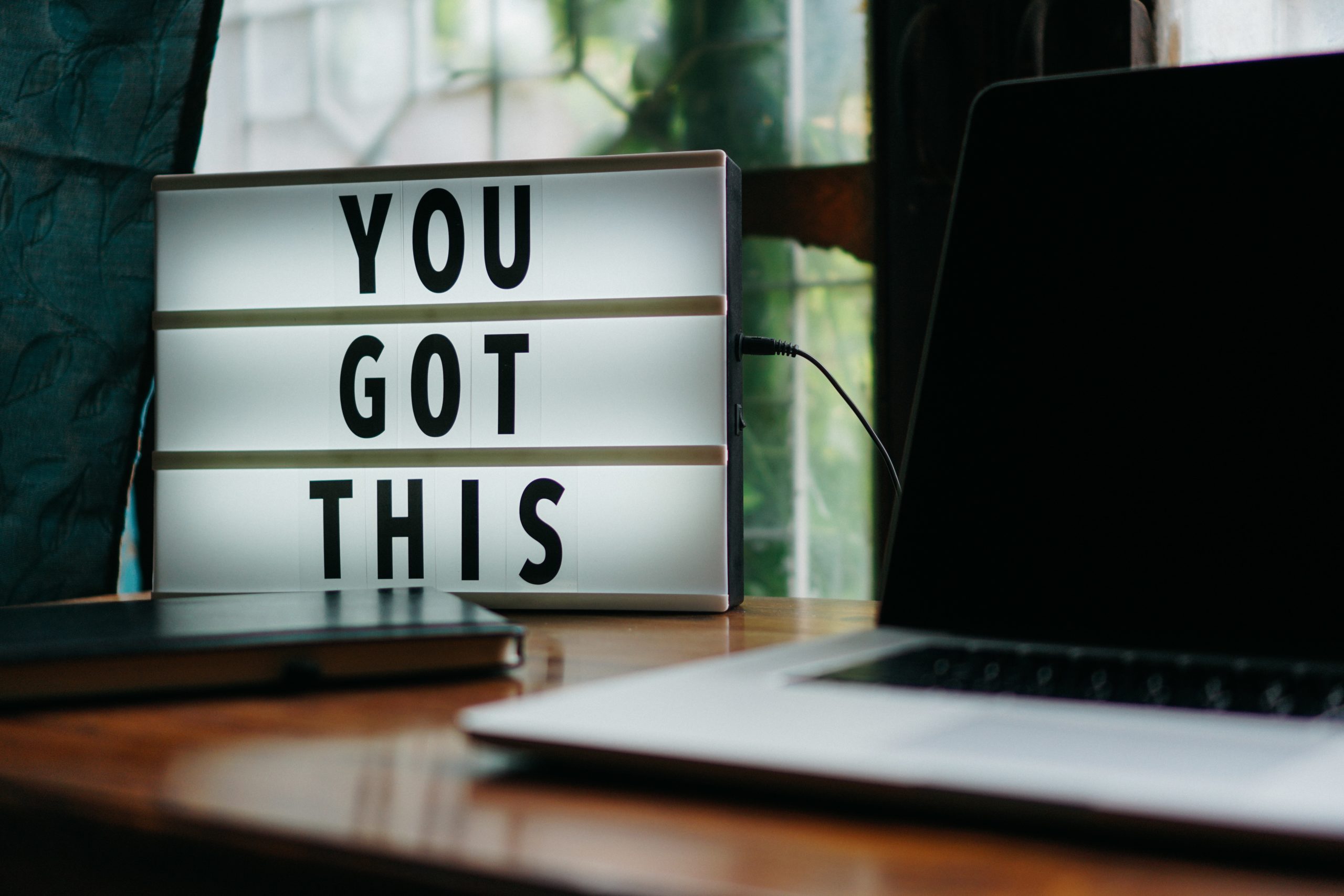
The Rosie guide to bouncing back from a layoff
What to do after a layoff? Our guide outlines all the steps to take when you’ve been laid off so you can bounce back and find your next role.

In her own words: marketing executive Mary Carpenter
Mary Carpenter on how she made the leap from in-house marketing leadership to executive-level consultant, and what it’s like to be a Rosie.
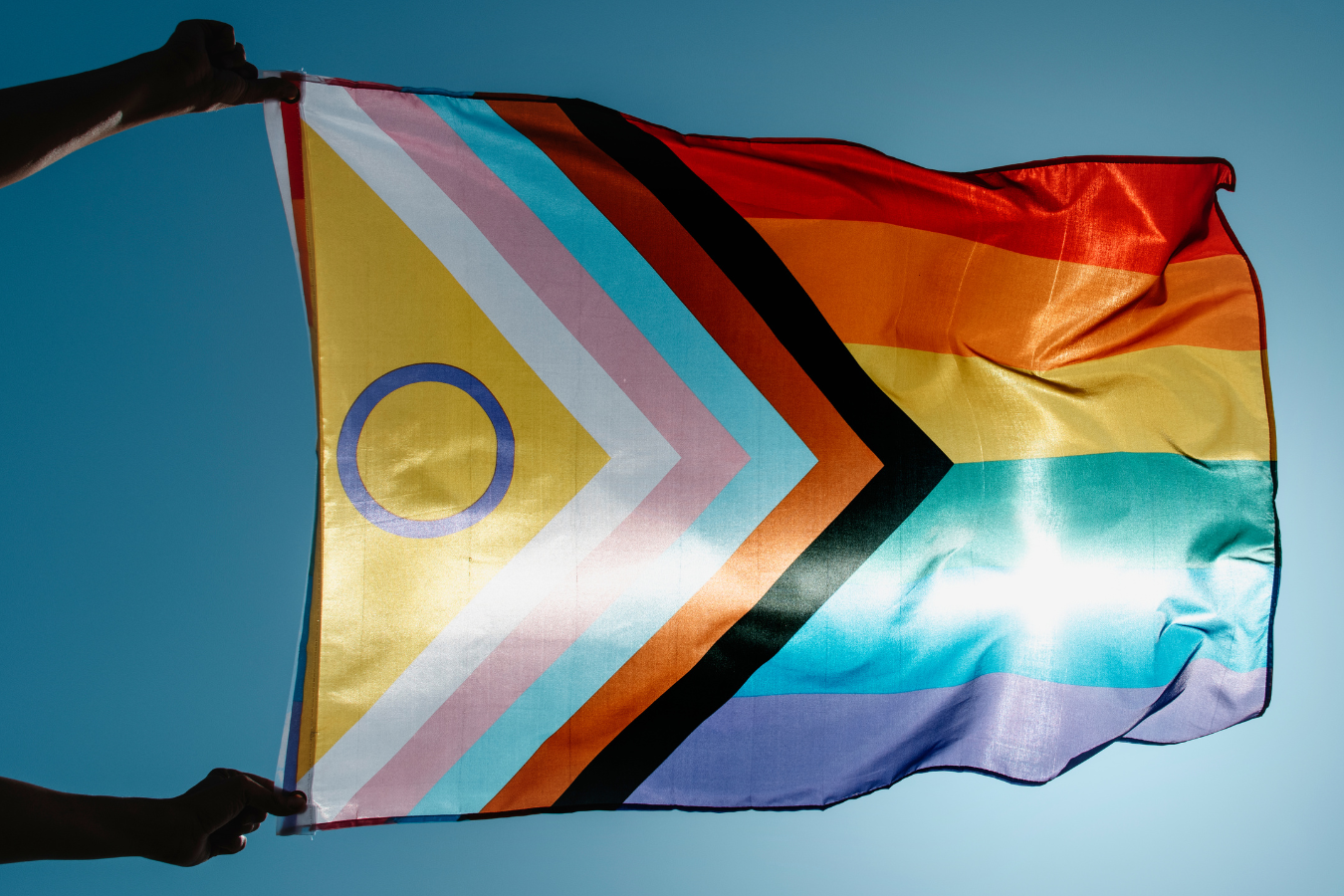
Let the LGBTQ+ independent work revolution free your culture and structure
Marketing leaders need diverse voices at the table, but they must rethink traditional team structures or risk losing out on top LGBTQ+ talent.
.png)
Multicultural marketing in 2023: specifics over generics
What is multicultural marketing and how can you do it well? Let's explore best practices and some of the top multicultural campaigns around.

Why designer Michael Diaz made ‘weirdness’ his brand
Freelance designer and creative director Michael Diaz has built his career by helping brands stand out from the crowd.
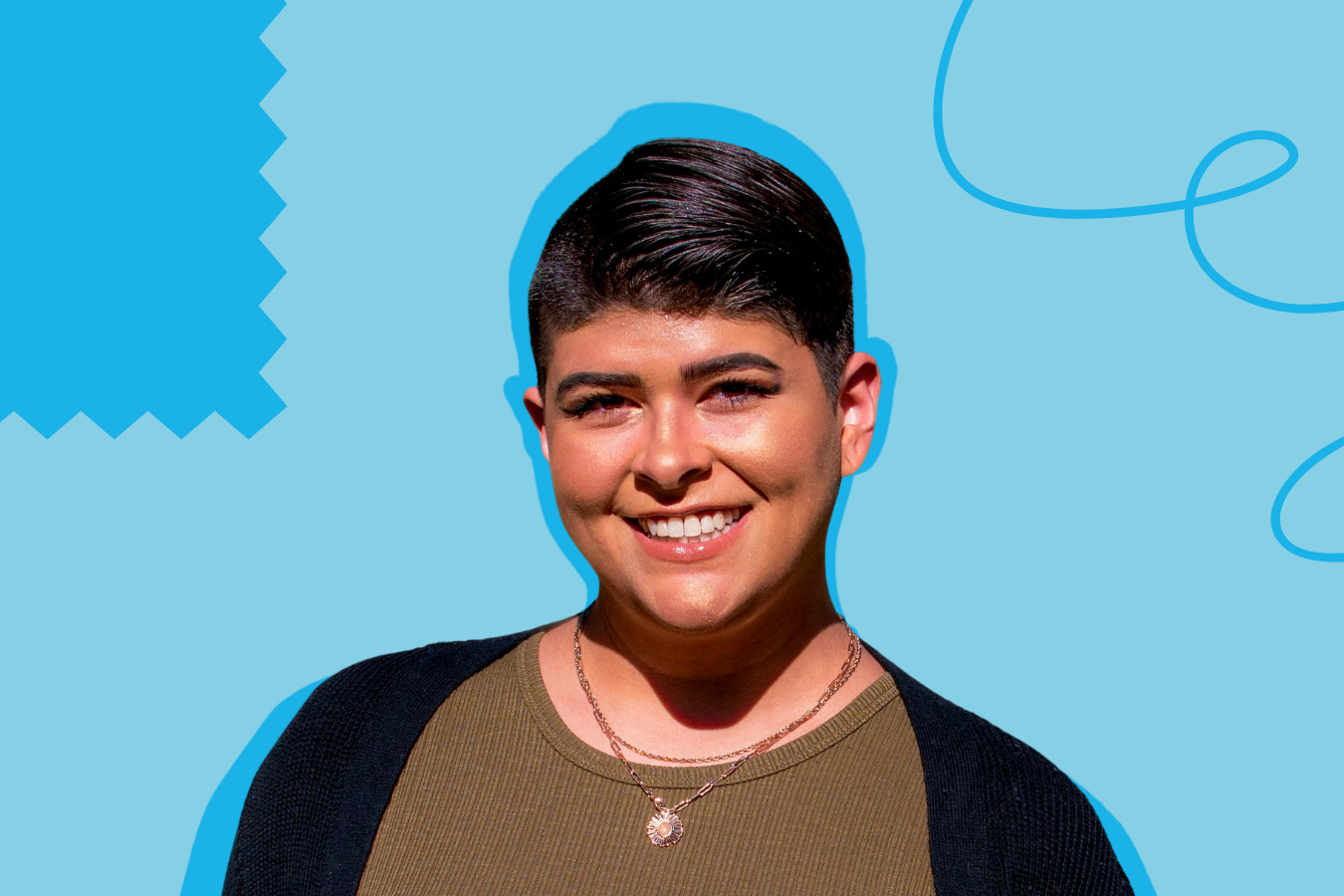
Rosie Award winner Olive La Estrella on life as a multi-hyphenate creative professional
Olive La Estrella, a 2022 Rosie Award winner, discusses finding balance as an freelance marketer and a candle maker.

Now’s the time to go freelance—here’s advice from 4 marketers who did it
The winners of the 2022 Rosie Awards share their advice for finding long-term success as a freelance marketer and independent professional.
